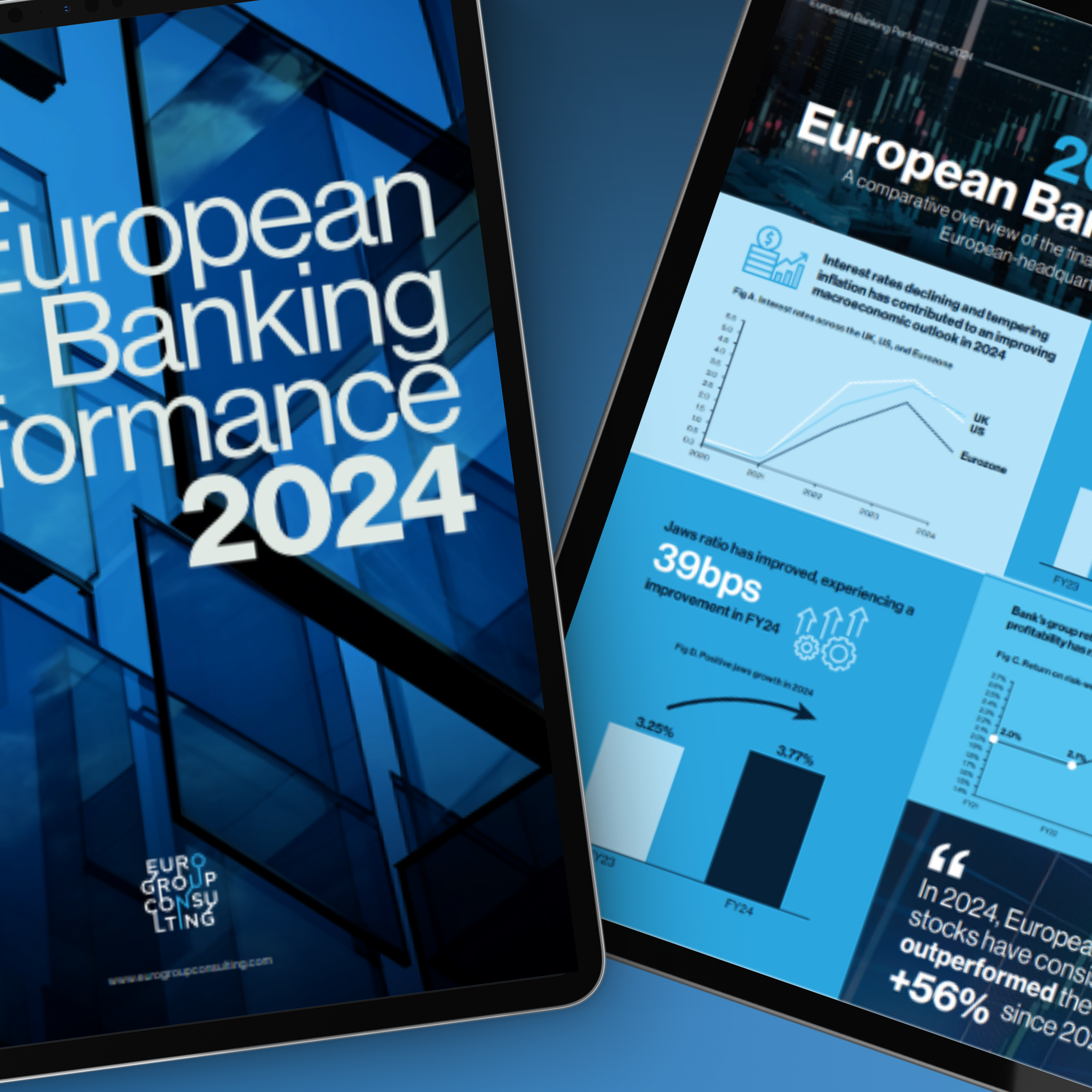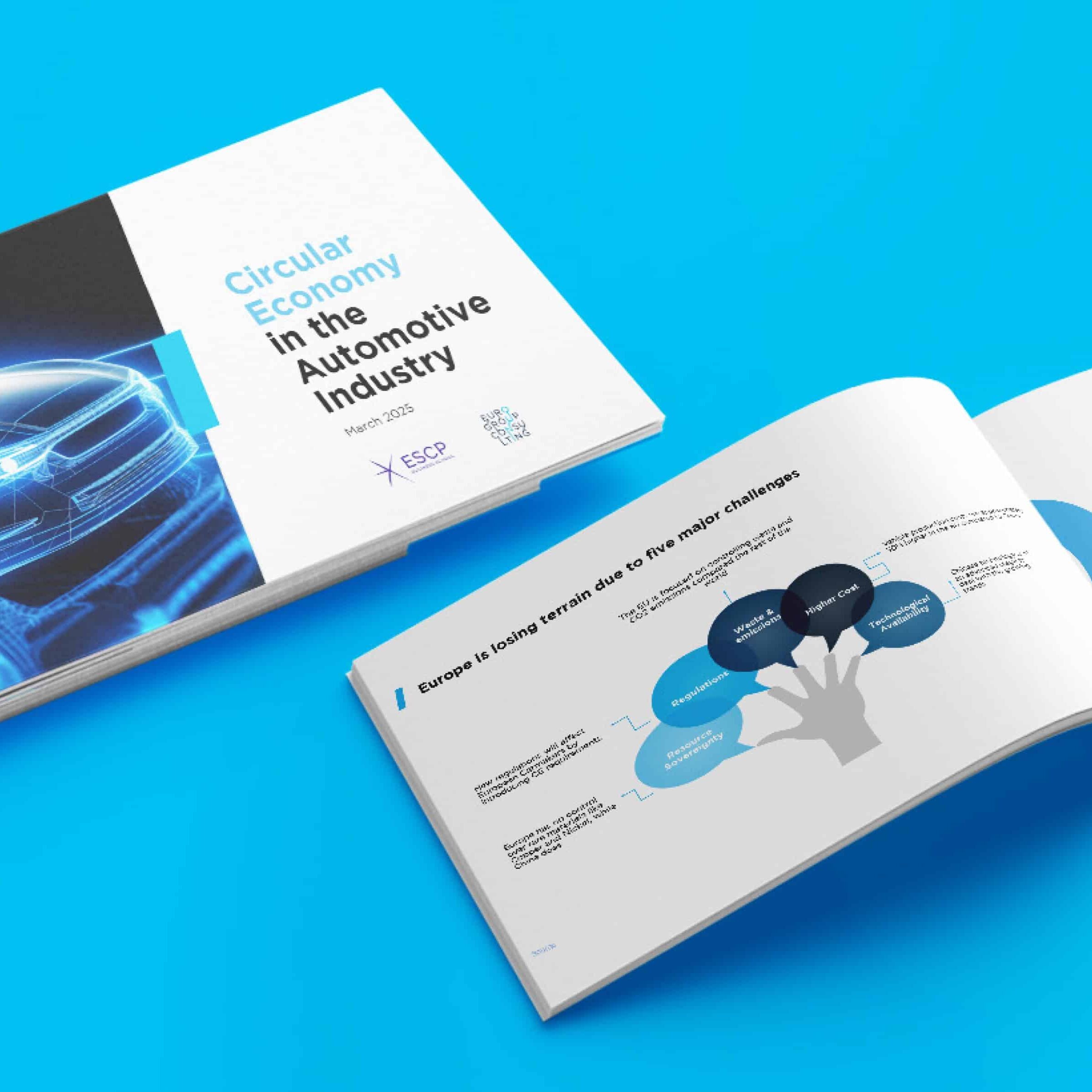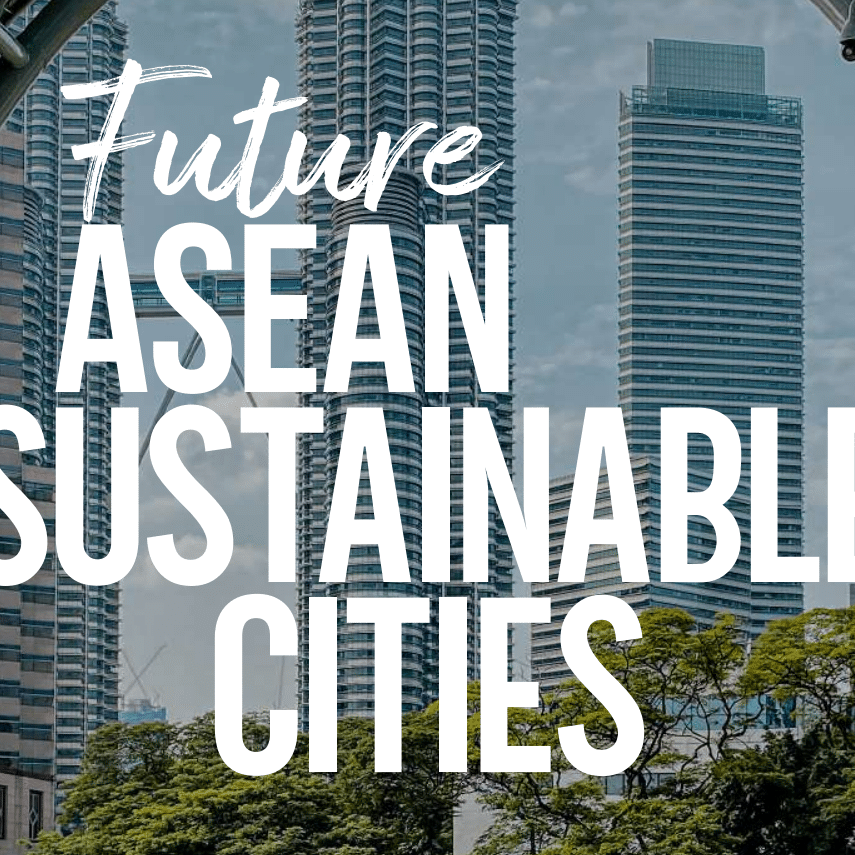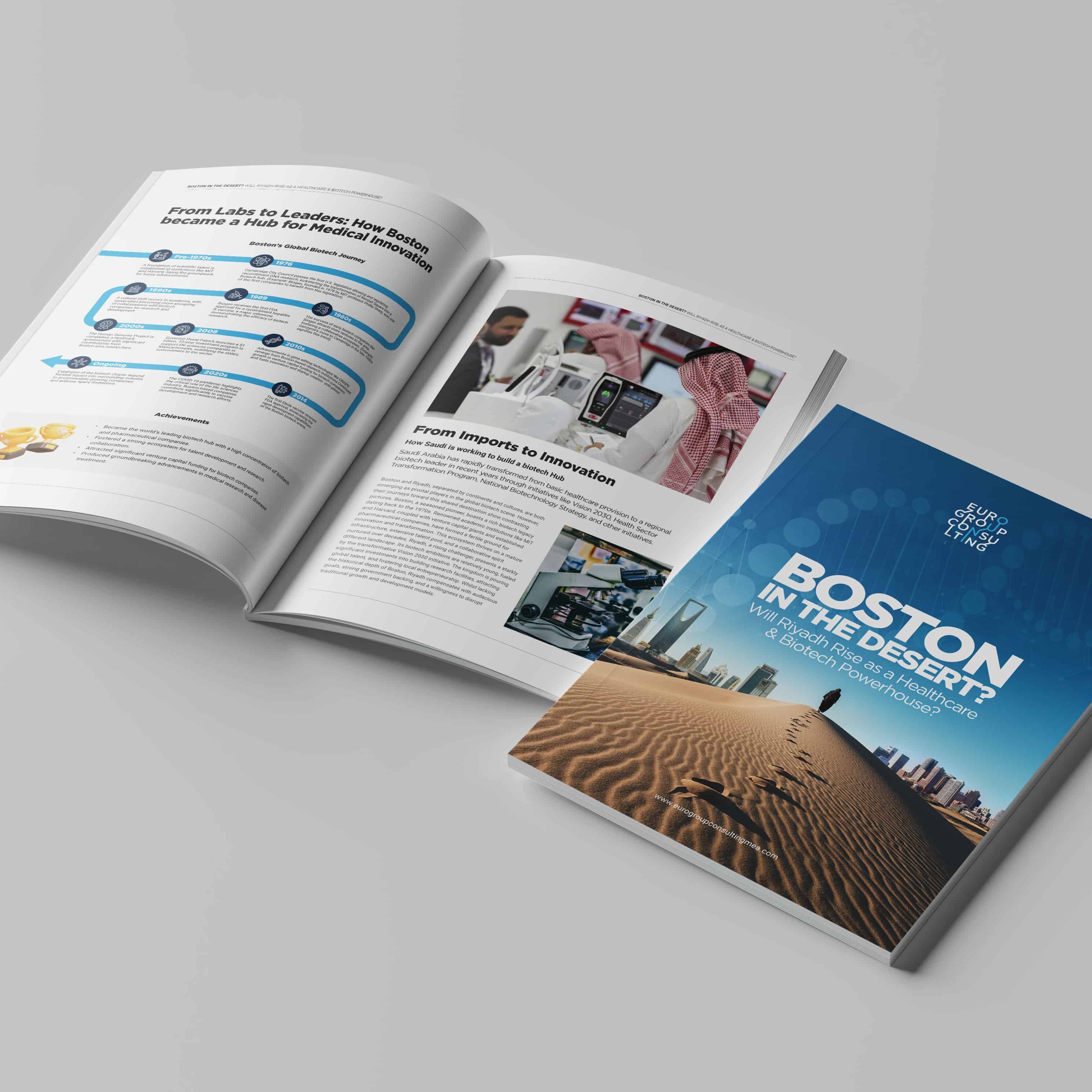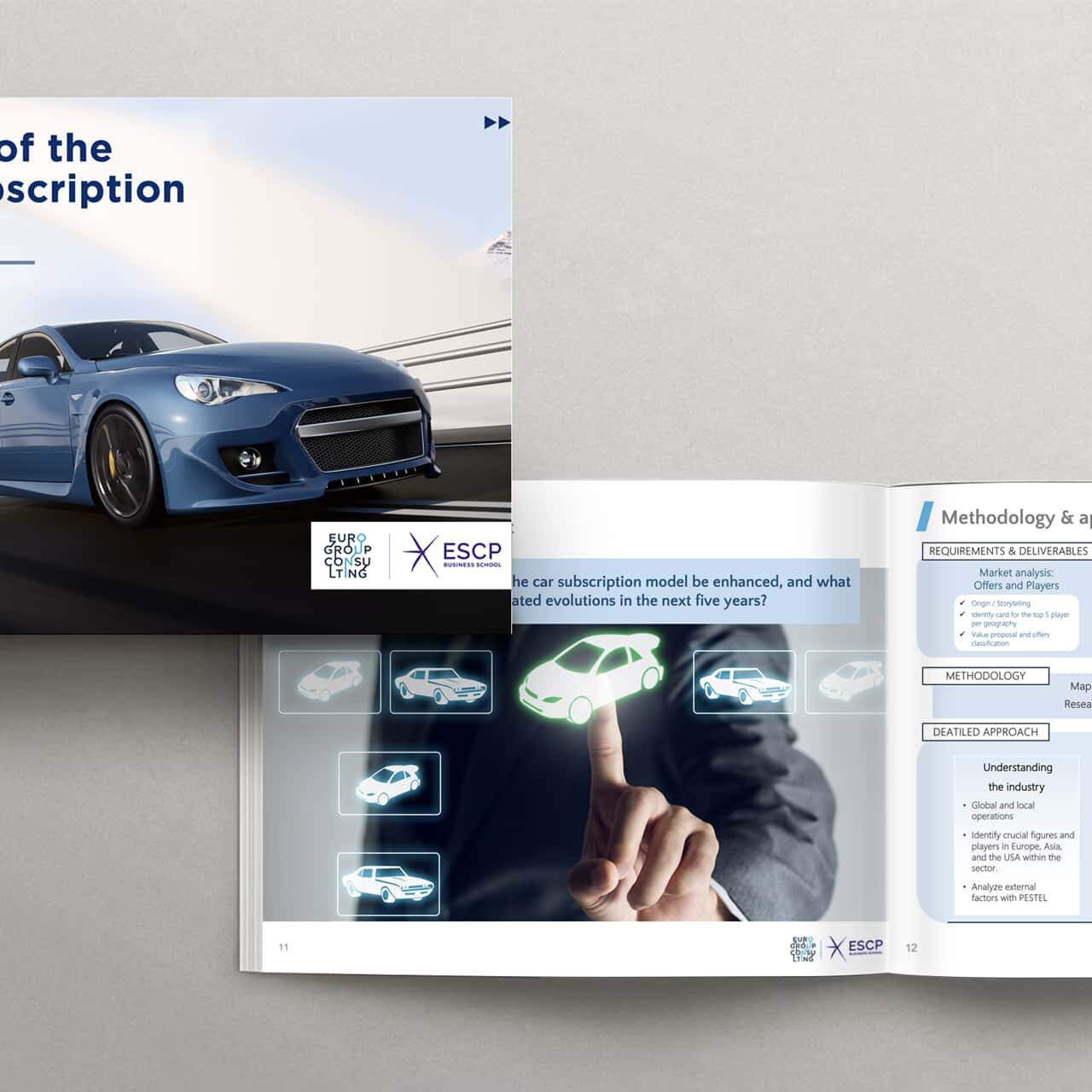This Eurogroup Consulting and Newton Vaureal white paper explores supply chain transformation opportunities in the GCC region. It highlights the political will behind supply chain transformations, such as anchoring them in global frameworks, creating conditions for greater integration, and intensifying supply chains through local production development. The document also addresses the GCC region’s rapid evolution as a strategic center for business activity, emphasizing efficient infrastructure and favorable tax systems. It underscores the role of supply chains as an economic transformation lever and the need for constant preparedness for change in supply chain performance management. The white paper concludes by showcasing specific initiatives and milestones in GCC countries, such as the national industrial and logistics development program, Jebel Ali port, and Bahrain’s global sea-air hub.
Download the study !
To download, please fill the form below
GCC countries have implemented logistics solutions tailored to each country, leading to the development of numerous free-trade zones. Saudi Arabia has launched special economic zones to attract investments and recently initiated an innovative economic zone with Apple as an investor. GCC countries have signed free-trade agreements with various countries and trade groups to position themselves as global business hubs. The requirement for local sponsors on the board is evolving, with the UAE allowing foreign ownership in specific commercial zones. GCC countries have a common external tariff, with a 0% rate for essential goods and a 5% rate for all other products. They aim to enhance the maturity of their manufacturing sectors, with Saudi Arabia focusing on Industry 4.0 and local content. The national industrial and logistics development program aims to make Saudi Arabia a major industrial force and a global logistics hub.

Saudi Arabia aims to rank among the top ten countries in the Logistics Performance Index by 2030. In the 2022 rankings, Saudi Arabia progressed 17 places to the 38th position in the Logistics Performance Index. Improvements are needed in trade facilitation, regulation, customs, and infrastructure to achieve this goal. The Kingdom has demonstrated its ambition through improvements such as an average customs clearance time of 2 hours and incentives for foreign investment. Supply chain transformation in the GCC can focus on five areas: revising logistics master plans, guiding organizations to a new level of maturity, sustainable development, urban logistics (smart cities), and operational excellence. A logistics master plan helps address current and future organizational needs, considering business elements. Employee maturity in the supply chain sector needs to be increased by enhancing their skills. Training and skill development are essential, especially with quotas imposed on local employees.
Supply chain transformation opportunities in the GCC include increased use of railways for logistics flows, preparation for alternative fuel technologies on the road and exploration of waterways, sustainable development of urban areas for improved last-mile delivery, and decarbonization of warehouses. GCC countries are committed to achieving carbon neutrality by 2060 and transitioning to renewable energy by 2030. Warehouses account for one-third of logistics chain CO2 emissions and can be made more sustainable through low-carbon construction and energy-saving measures. Initiatives in the GCC include Talabat’s delivery robots and Saudi Arabia’s integrated logistics park.
Radically innovative urban planning projects in the GCC are transforming supply chains and logistics. Iconic projects include smart cities in Saudi Arabia, such as NEOM and Oxagon, aiming to be carbon-neutral and at the forefront of port logistics. The development of e-commerce and rapid trade in urban centers poses challenges for last-mile delivery, but solutions like the national addressing system and what words are implemented in Saudi Arabia to enhance addressing systems. Operational excellence becomes crucial for GCC businesses to optimize their operations and remain sustainable. This includes focusing on service rates and using technological systems to improve efficiency. Eurogroup Consulting provides support for supply chain transformation and operational improvement in the Middle East.
Key figures to note:
- Economic Diversification: GCC countries aim to diversify their economies, with Saudi Arabia’s Vision 2030 targeting a $1.7 trillion investment by 2030 to reduce dependence on oil
- World-Class Infrastructure: Massive investments are made in building ports and logistics hubs, such as the NEOM project in Saudi Arabia, with a planned investment of $500 billion
- Free Trade Agreements: GCC countries have signed several free-trade agreements, contributing to increased international trade and their positioning as global business hubs
- Local Manufacturing: Incentives for local manufacturing, especially in Saudi Arabia with the industrial development program, aim to increase the share of local production, thereby boosting the manufacturing sector’s contribution to GDP
- Carbon Neutrality Goals: GCC countries are committed to achieving carbon neutrality by 2060, with planned investments in sustainable initiatives estimated in the hundreds of billions of dollars
- Urban Logistics Transformation: Urban logistics projects, such as delivery robots and smart warehouses, are underway in GCC cities, with significant investments, such as the NEOM smart city project in Saudi Arabia
- Business Pressures: GCC businesses face increasing pressures to improve operational excellence, with estimated investments in tracking and efficiency technologies reaching tens of billions of dollars
These figures underscore the magnitude of investments and commitments made by GCC countries in transforming their supply chains and enhancing their global competitiveness.
READ MORE
Eurogroup Consulting has been supporting mobility, infrastructure, freight and logistics players for many years through adapted and innovative approaches.

Damien Duhamel
Partner







